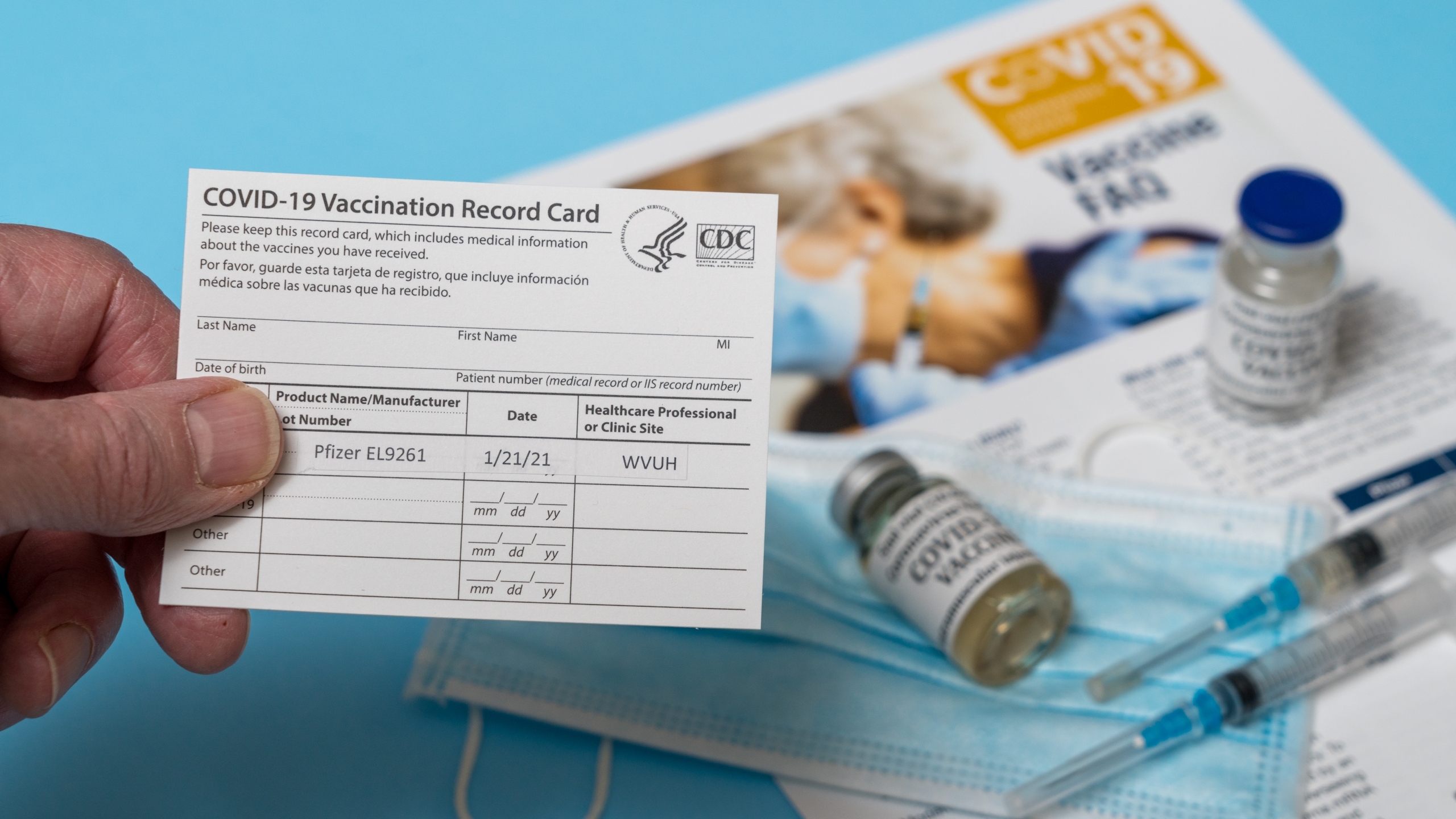A top pediatrician at the University of Alabama at Birmingham is encouraging people to vaccinate children of all ages as soon as the vaccine becomes available.
Tamera Coyne-Beasley, director of UAB’s Division of Adolescent Medicine and vice chair of pediatrics for community engagement, said the virus poses serious risks to children despite it not being as severe as in adults.
COVID-19 is currently the 10th leading cause of death for young Americans, who account for 22 percent of new infections in the country. As of April 30, there were 1.5 million minors between 12 and 17 who had COVID.
“I think people underestimate the impact of this disease on adolescents,” Coyne-Beasley said.
She responded to concern about vaccines increasing the risk of myocarditis, which is inflammation of heart tissue caused by viral infection. A small number of cases have been reported in young people who were vaccinated, which the Centers for Disease Control evaluated and did not determine were attributable to the vaccine. Those cases continue to be studied.
Coyne-Beasley said her colleagues tell her they consider the risk of myocarditis to be much greater from a COVID infection than exposure to the virus through a vaccine.
There have been more than 3,000 reported cases of multisystem inflammatory syndrome in children who have had COVID-19. The condition features inflammation of different organs. Adolescents have had more severe cases and outcomes than younger children, she said.
Coyne-Beasley said she has heard a lot of questions from parents about fertility. She said there is no evidence that the vaccine affects fertility, pregnancy or menstruation. While there have been some reports of missed periods, those instances haven’t been linked to the vaccine and can be caused by other common factors like stress.
No women have reported not being able to get pregnant or having trouble maintaining their pregnancy after being vaccinated, she said. Preliminary evidence suggests that vaccinated women may be able to pass their antibodies to their fetuses.
Coyne-Beasley is a former member of the Advisory Committee on Immunization Practices, the group that reviews treatments after they’ve been approved by the FDA. She held that position for four years and spent 10 years as a member of various work groups of the committee. She called the data evaluation process there “incredibly rigorous.” Vaccines actually provide more opportunity for the scientific community to examine their safety and efficacy than other kinds of treatments because they continue to be monitored after they’re approved and hit the market.
She said the Vaccine Adverse Event Reporting System provides an added layer of data collection and evaluation, allowing physicians and even patients to report any health effects so they can be studied to determine whether they’re attributable to a vaccine.
How quickly and how widely children are vaccinated is critical to protecting them and the rest of the population from COVID-19, Coyne-Beasley said.
“So if we really want to stem this pandemic and let adolescents get back to doing the things that they like to do safely — like going to school, interacting with their peers, going to camps, going to entertainment venues — it’s incredibly important,” she said.












































